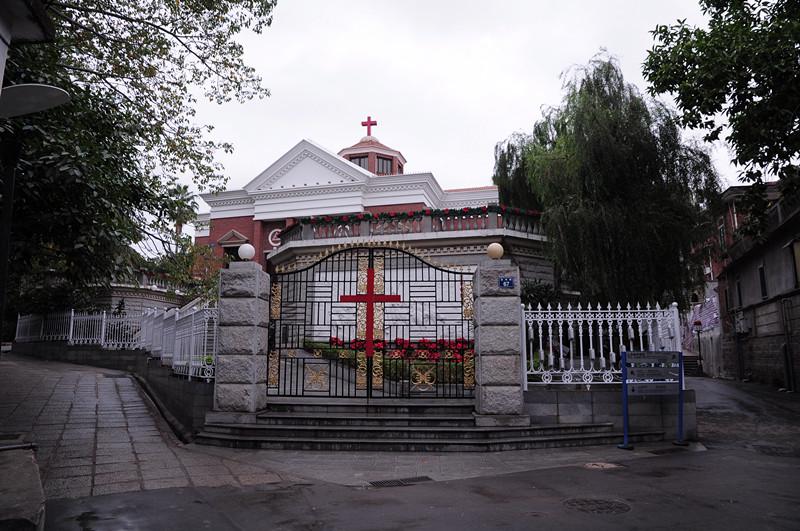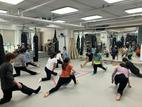China has been emphasizing the importance of education which has been regarded by ancient rulers as the foundation of stability for a country. The virtues have been passed down from generation to generation that shows respect for teachers and stresses the importance of education. Such good tradition amazes many Westerners.
But women rarely had the opportunity to receive an education in the feudal society where women are in a much lower position than men. They had little knowledge besides some ideas from Feudalism. The concept that it is a virtue of women to not have any knowledge served as an iron gate against women.
In modern times, missionaries in Xiamen and many Chinese enlightened people lay great importance to women's education, for they generally believe that women are mothers bearing the responsibility to raise children and if they lack education, it is difficult for them to cultivate the next generation, affecting the development of society as a whole.
In 1846, Rev. William Young and his wife came to Xiamen from London and they launched a school for women at home the following year. They had 12 students and that marked the beginning of Xiamen female schools. On June 1, 1865, Rev. John Van Nest Talmage's second wife Mary came to Xiamen and she opened a class in 1867 teaching women to read the Bible. In 1870, she opened a school for women and Rev. Talmage's two daugheres came to help in 1874. After a fire broke out and burned the school, it was moved to Gulangyu and renamed Yuede female school. The two girls were in charge of education department in the school aimed at raising Christianized family's wives and mothers. Their students mainly came from countryside.
Yuede female school offered about 5 years of education without a clear regulation. Students had class five days a week and worship service every morning and evening. Saturdays were for cleaning teaching building. On Sundays students have no classes but went to the church. Students learned Chinese and Math in addition to receiving faith education and studying Roman characters. They also offered a session to train teachers later, which was transferred into a middle school. After 4 years of study in the middle school, students can go to college or become teachers.
In 1931, Shao Qingyuan served as principal of Yuede female middle school. According to Zhu Zhaoyi, who was teaching at Yuede at that time, he thought that both men and women can be useful people to society, so he actively cultivated the practical ability of female students. He imitated the social system and called the school 'Yudei City'. There were construction bureau, education bureau, health bureau and other 'departments', while the class monitor served as the public security staff, the deputy monitor as the education staff. His education method greatly enhanced the female students' knowledge and ability in making them useful people for Xiamen city.
In 1886, the first daughter founded Gutianyu Gospel Academy in Gulangyu to recruit married women chiefly. Some women under great pressue of feudalism also attended the school. In addition, the British Presbyterian Church also set up Huairen female middle school in Gulangyun.
The church who founded female schools raised the status of women by giving them access to education and trained a lot of outstanding people such as He Enji -- one of the earliest female pastor, Lin Qiaozhi or Kha-Ti Lim -- an obstetrician and gynecologist who was widely known as a bBeloved Doctor for Women and Babies, and Zhou Shu'an -- one of the first Chinese music educators.
(The author is a believer in Xiamen, Fujian Province.)
Translated by Alvin Zhou












